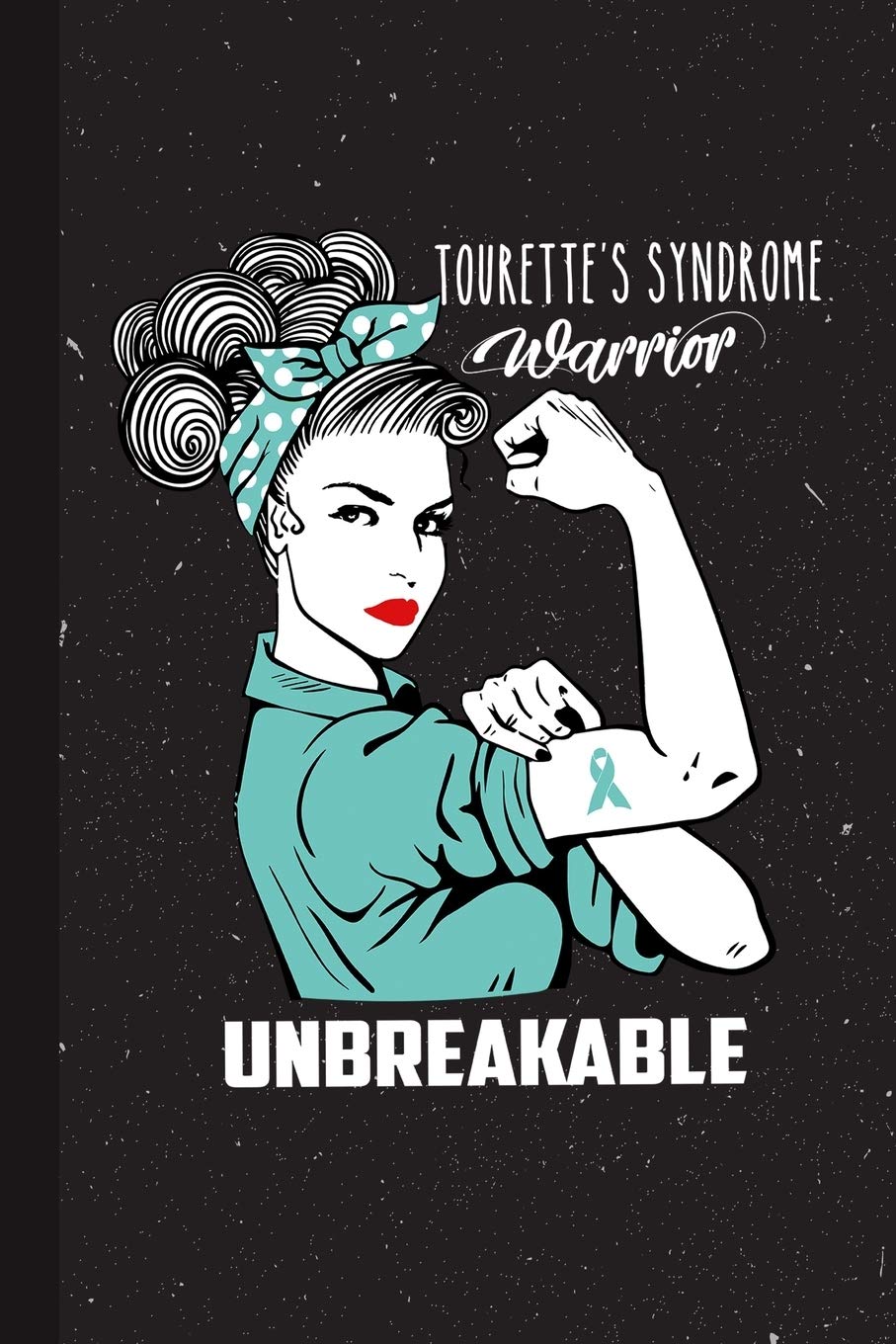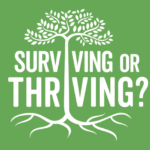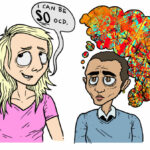Tic Disorder and Tourette’s Awareness – Yeknaz T
Tics are sudden twitches, movements, or sounds that people do repeatedly. People who have tics cannot stop their body from doing these things. For example, a person with a motor tic might keep blinking over and over again. Or a person can suffer from Vocal tics which can consist of simple sounds such as throat clearing, sniffing, and more complex sounds such as words, phrases or even complete sentences.
A tic disorder can happen randomly or they may be associated with something such as stress, anxiety tiredness, excitement or happiness. They tend to get worse if they’re talked about or focused on. If a tic disorder lasts longer than a year it can develop into Tourette’s.
People living with a tic disorder are already challenged in a world full of obstacles we should aim to give individuals with Tourette’s social support and acceptance that they need to help them live their lives to the full.
It’s hard to describe what it feels like to have a tic but try not to blink for as long as you can. The longer your eyes are open the more desperately you want to blink and that is what it feels like to tic.
It is important to educate ourselves on what a tic disorder is and what we can do to prevent ignorance. It can be helpful to emphasize that Tourette’s / Tic disorder is a medical condition and that telling someone who suffers from a this to “stop ticking” is not a strategy (similar to telling someone, “You have blue eyes. Stop having blue eyes.”) and is likely to cause significant frustration and heartbreak.
There are several famous people with TS around the world. Perhaps the most well-known is the Everton Football Club goalkeeper, Tim Howard, who also used to play for Manchester United. The 2006 winner of the TV programme Big Brother, Pete Bennett, has Tourette’s. Pete used his appearance on the show to raise awareness of the condition, including writing a book called ‘My journey with Tourette’s’.
How can you help someone you know with Tourette Syndrome?
Be friendly, support them against bullying, try not to stare, be understanding and check in often – everyone with Tourette’s is different and has their own way of dealing with tics. It’s ok to ask how people how they are and how they would like you to react to their tics.















Post Comment
You must be logged in to post a comment.